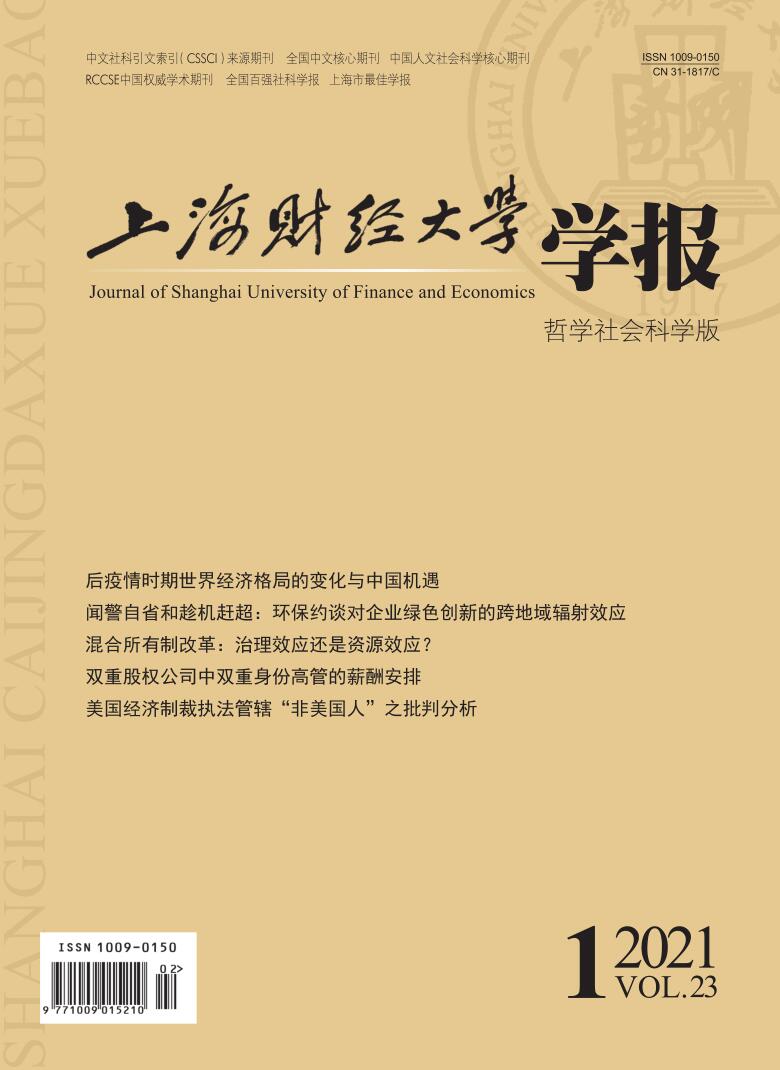It is an important strategic measure for China’s economic transformation and upgrading to give full play to the value of different property rights capital, activate the vitality of enterprises and realize high-quality development. At present, introducing non-state capital into state-owned enterprises, and state-owned capital sharing in non-state enterprises are two main ideas for developing mixed ownership economy. The mixed ownership reform of enterprises is mainly manifested as “governance effect” and “resource effect”. Does the mixed ownership reform of Chinese enterprises play a governance effect, a resource effect, or both? For the study of the above problems, this paper takes Chinese A-share listed companies in 2010 and 2016 as research samples, and manually collects the detailed information of the top ten shareholders. Based on the unique dual ownership structure in China and the characteristics of mixed ownership reform of enterprises with different property properties, the index system of mixed ownership reform of enterprises with different property properties is constructed, and the relationship between mixed ownership reform and investment efficiency of enterprises with different property properties is studied.
The empirical study finds that the mixed ownership reform significantly improves the investment efficiency of enterprises. For state-owned enterprises, the introduction of non-state capital reduces the over-investment of enterprises. For private enterprises, the participation of state-owned capital alleviates the lack of enterprise investment. The study of transmission mechanism finds that the mixed ownership reform of state-owned enterprises reduces the agency cost between shareholders and managers, showing the “governance effect” of mixed ownership reform. However, the mixed ownership reform of private enterprises reduces the financing constraints of enterprises and shows the “resource effect” of mixed ownership reform. Further research shows that the improvement effect of mixed ownership reform on investment efficiency of state-owned enterprises is more obvious in the samples with lower quality of internal control. The effect of mixed ownership reform on the investment efficiency of private enterprises is more obvious in regions with strong government intervention, which further confirms the “governance effect” of mixed ownership reform of state-owned enterprises and the “resource effect” of mixed ownership reform of private enterprises. This study not only enriches the relevant research on the economic consequences of mixed ownership reform in Chinese enterprises, but also provides some policy inspiration for the government to promote the reform of mixed ownership and develop mixed ownership economy.






 8015
8015  11768
11768

